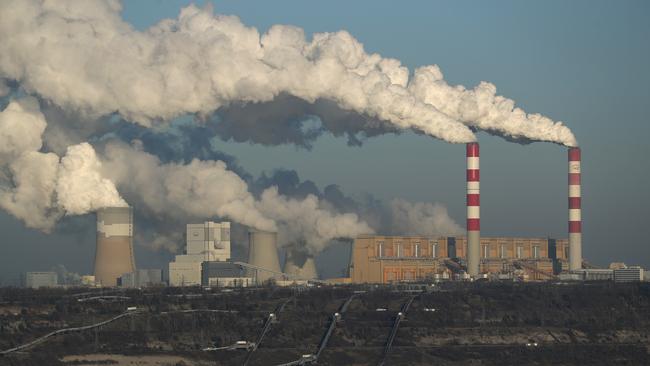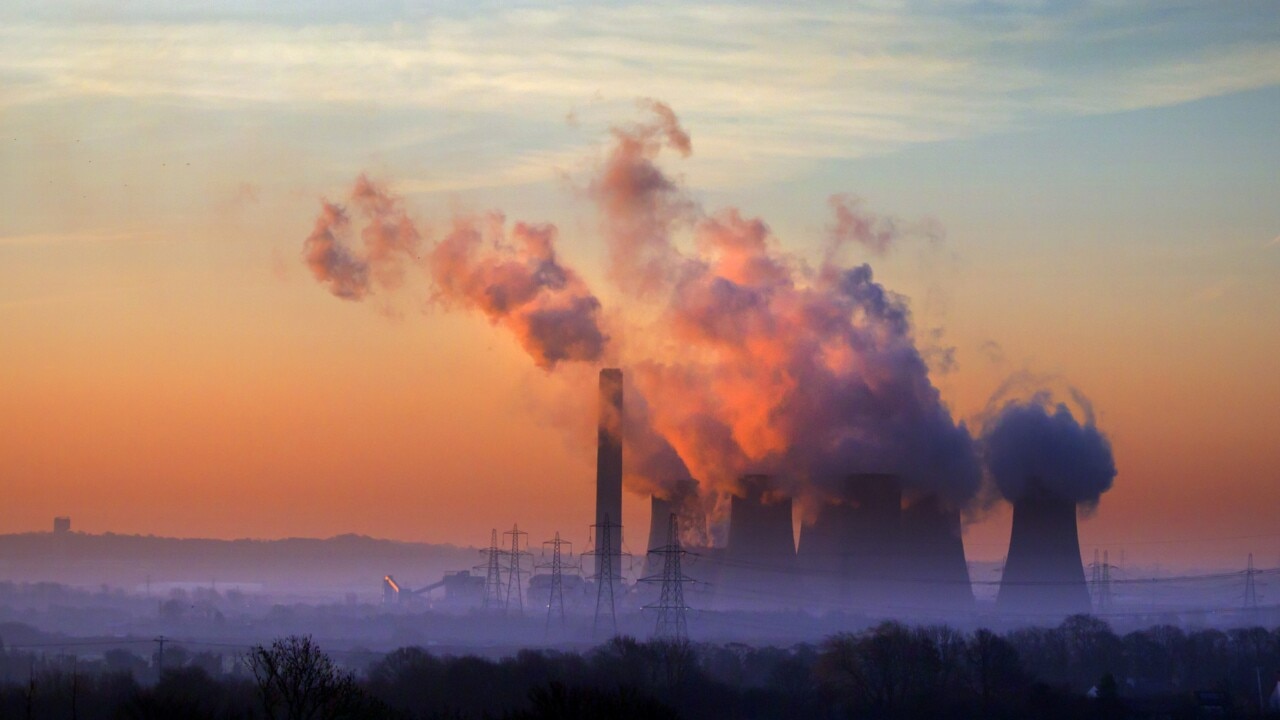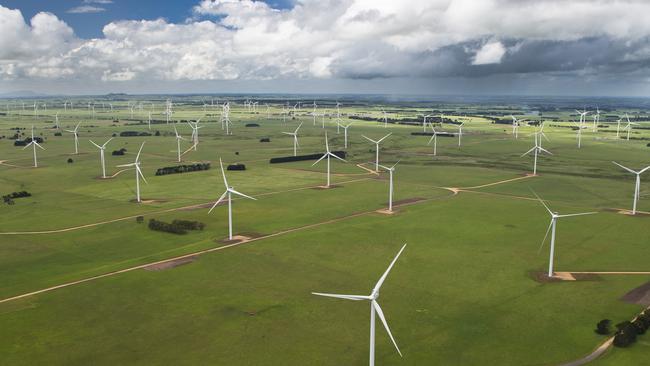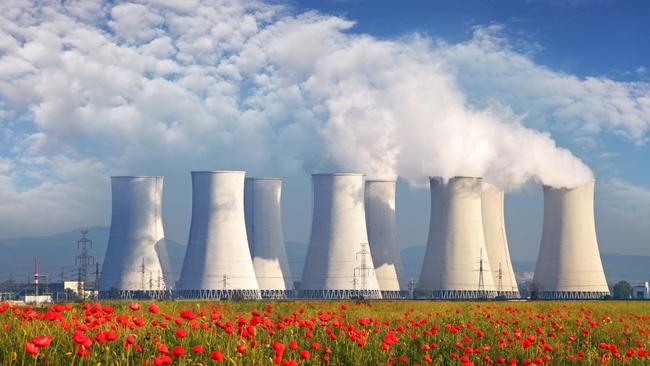If Cop26 is a failure, the world will have to deal with the consequences

There is little sign that world leaders will deliver on the central goal of the summit, which is to set out the detailed emission reduction policies needed to limit global temperature rises to 1.5C by 2050, the target set in the Paris climate deal in 2015.
Britain, despite being the conference host and expected to lead by example, has yet to set out some of its own plans. Some world leaders, including China’s President Xi, have yet to confirm their attendance. And with two weeks to go Boris Johnson is on holiday in Spain rather than engaged in intensive diplomacy.

Yet everyone should pay attention to Cop26, particularly businesses and investors, not just because there is still a chance that the stars will align. Next week G20 leaders will meet in Rome, where it is possible that Mario Draghi, the Italian prime minister and present G20 president, will secure emissions pledges from laggards such as China, India and Saudi Arabia needed to keep the 1.5C target on track. The G20 is responsible for 80 per cent of global emissions, so a deal at this level is a necessary to any Cop26 success. But investors should pay attention because regardless of whether Cop26 is judged a success or a failure, its outcome will have financial, economic and geopolitical consequences that are likely to reverberate for decades to come.
To see where success might lead, one only need look at what flowed from success in 2015. By setting a supposedly binding target to which all the signatories had agreed, the Paris Accords drove a tide of investment in green technologies such as solar and offshore wind, driving down their costs and delivering economies of scale. There are more than a dollars 100 trillion of global assets under management that incorporate environmental, social and governmental metrics in their investment processes. The impact can be seen in the energy sector, for example, where Goldman Sachs estimates that the cost of capital for hydrocarbon projects is now up to 15 percentage points higher than for renewables developments. That is the equivalent of a global carbon tax of dollars 80 a tonne.

A successful outcome in Glasgow could unleash another powerful wave of investment into new technologies and sectors that are struggling to decarbonise. UBS, the investment bank, reckons that it will require dollars 3.5 trillion of investment per year for the next decade, three times pre-pandemic levels, to re-tool the global economy to meet the 1.5C target.
Much of that will flow to areas such as electricity grid infrastructure, hydrogen ecosystems and clean power generation. Yet to unlock this investment, governments will need to agree on clearer rules on future carbon regulation and carbon pricing. Goldman Sachs thinks there has been a 40 per cent decline in investment levels in carbon-intensive sectors such as oil and gas, steel, mining and shipping as a result of a lack of clarity around decarbonisation.
But what if Cop26 is a failure? Unlike in Paris, the objective is not to achieve a single, eye-catching global agreement, but it will require a series of global deals to turn ambitious targets into a reality. One such is the vital need for richer countries to come up with ways to ensure that poorer countries can access the funds necessary to finance their own transition. Failure to put in place those funding arrangements could have devastating consequences for countries that remain dependent on hydrocarbons. They could find themselves shut out of global capital markets as fund managers with ESG mandates would no longer be able to invest in them. That, in turn, could have severe consequences for emerging market investors. Alarmingly, there is little sign that a funding deal is close to being struck.

That points to the second consequence of failure, which is that it will make it even harder to get close to limiting the global average temperature rise to 1.5C, so that the world will see an even greater increase in the frequency and severity of extreme weather events. Higher temperatures, more frequent droughts, floods and wildfires and rising sea levels will have an impact for all countries, but the costs and challenges will fall hardest on developing countries. That will have economic costs, whether in damage to infrastructure and buildings, crop failures, factory closures, disruption to supply chains or higher insurance bills. As climate change exacerbates poverty and corruption, it is also likely to lead to political instability and increased migration.
That is why a Cop26 failure would have geopolitical consequences, too. Global relations are already more strained than at any time since the Cold War. Climate change policy ought to be one of the few areas where the interests of all the major powers are aligned. Even China faces intense domestic and international pressure to curb emissions.

It is in China’s own interests to cut its own dependence on coal, even if the global gas price spike has led it to increase its use of coal power, not least because it has established world-leading positions in some key climate technologies such as solar. On the other hand, if the world’s powers cannot work together on climate change, what can they agree on?
A successful Cop26 would be confidence-building, but failure in Glasgow not only will make it harder to resolve existing disputes but also will create new sources of instability. Competition for water resources is already fuelling tensions in the Nile Basin, forecast to be home to a billion people by 2050, while competition for minerals is creating a new flashpoint in the Arctic, where new mining opportunities are emerging as the ice sheets melt.
Can global leaders work together to deliver the largest transformation in the global economy since the Industrial Revolution, or will they fiddle while the world burns? Not long to find out.
The Times







It is tempting to dismiss the Cop26 global climate summit in Glasgow next month as just another talking shop, literally a festival of hot air. That would be a mistake. It is true that the prognosis at this point does not look promising.